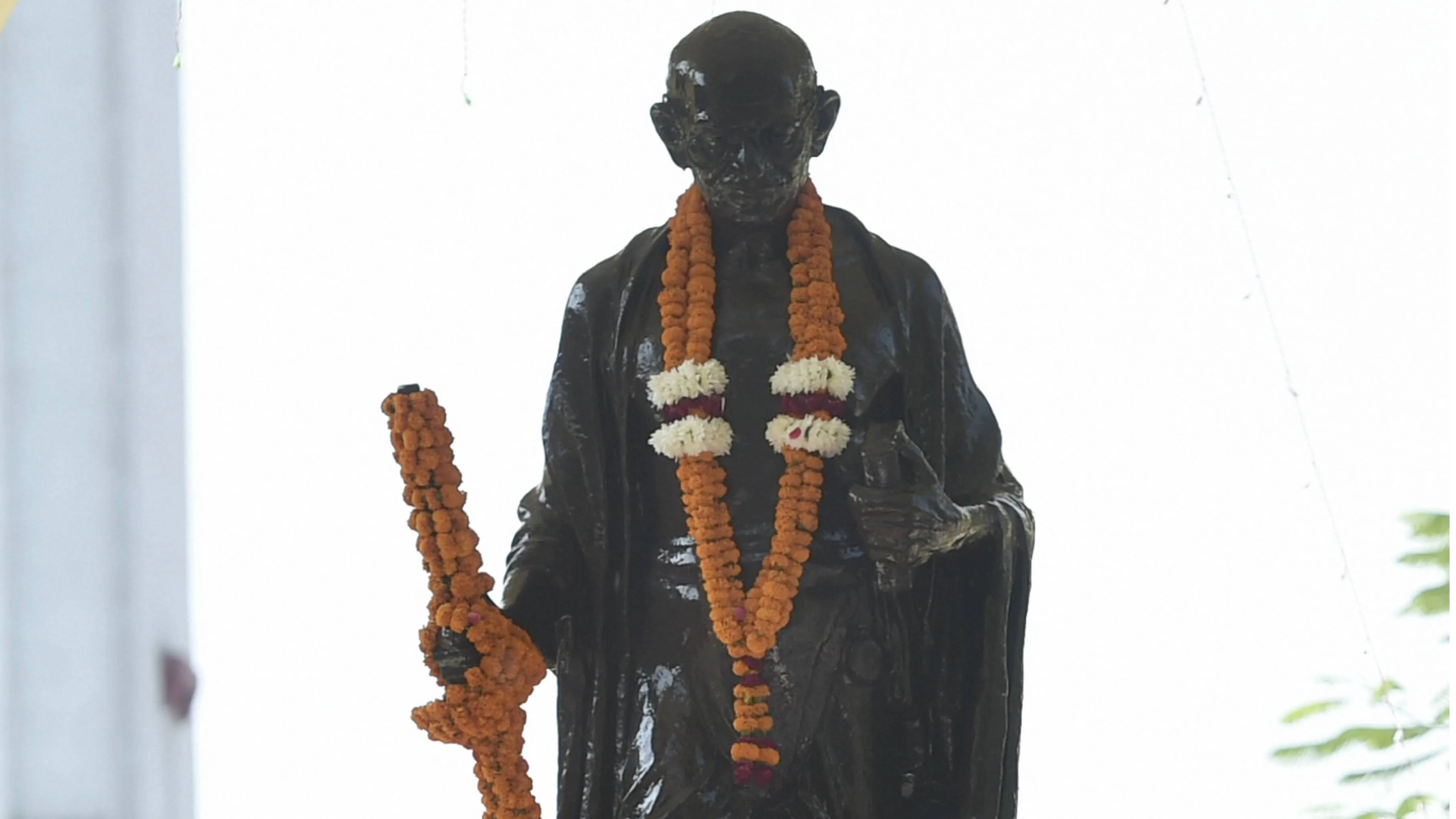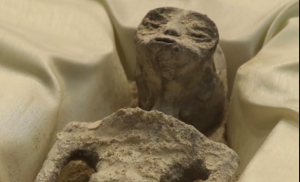Mahatma Gandhi’s grandson Tushar Arun Gandhi, narrating a story often heard in close family circles, says that Bapu ‘accepted the limits of his authority’. The story is about an incident when Kasturba Gandhi went against Mahatma Gandhi to do what she felt was the right thing.
Tushar Arun, journalist and author, recalled the incident that was narrated to him by his father (the Late Arun Manilal Gandhi). The incident highlights “how liberal the Mahatma was and how respectful he was in his behaviour and relationship with Kasturba Gandhi,” he adds.
“Bapu accepted the limit of his authority and respected other people’s right to their own belief and practices,” said Tushar Arun, adding that the incident also illustrates the mutual respect that Ba and Bapu had for each other.
“The incident took place on Gandhiji’s birthday when Bapu and Ba were residing at the Seva Gram Ashram in Maharashtra after the salt satyagraha,” said Tushar.
Also Read: Gandhiji would have participated in Shaheen Bagh anti-CAA protests, says Tushar Gandhi
“The Mahatma identity of the Bapu had become popular and famous by then and the tradition of commemorating his birthday had been established also,” recounted Tushar and went on to add, “As 2nd October was nearing, some of the village worker women, in and around the surrounding villages of Sevagram, made a request to Bapu. They wanted to come and spend 2nd October at the Sevagram premises, to imbibe the spirit and the way of life of the ashram.”
Tushar Arun added that Bapu willingly obliged to their request but told them, “I am a poor man of limited means, so I will not be able to arrange and provide food for you.”
Bapu told them “they were welcome, but wouldn’t be able to provide food for them, as the lifestyle at the farm was frugal.” Bapu requested the workers to carry their own meals.
Tushar Arun said, “On 2nd October, the group of 50-60 women congregated at the Seva gram Ashram to participate in the Ashram rituals.” “As per norms established at the ashram, during the lunch hours, the residents of the ashram gathered at the community kitchen while the workers gathered together to eat their meals at a different location,” narrated Tushar Arun Gandhi.
Tushar Gandhi further added, that Kasturba Gandhi had her own kitchen, given her delicate health. On hearing that the workers had been asked to bring their own meals, she defied Bapu and cooked khichdi(Indian rice and lentil dish) for the women and served them at short notice.”
“For Kasturba Gandhi, guests were akin to God,” recalled Tushar Arun. “Kasturba then told the women that in her house, they did not have to bring their own food, and asked them to dine with her,” he added.
“Hearing about the incident, Gandhiji acknowledged that while the British crown would take note of his decrees, Ba would often dismiss his diktat as she had the right to her own opinion. Gandhiji admitted that an individual had the right to their own opinion, to follow what they believed in. He added that he could not force Ba to believe anything against her will,” said Tushar Arun.
Also Read: ‘Peaceful resistance’ to ‘Do or die’ the oeuvre of Mahatma Gandhi’s journey
Bapu’s great-grandson said that this was just one instance of the mutual respect that Bapu and Kasturba shared. Tushar Arun said that he learnt the lesson of mutual respect and the need for honouring a varying point of view from the incident. He went on to say that the lesson becomes all the more important today, as people have become autocratic and try to force their will on their partners.







